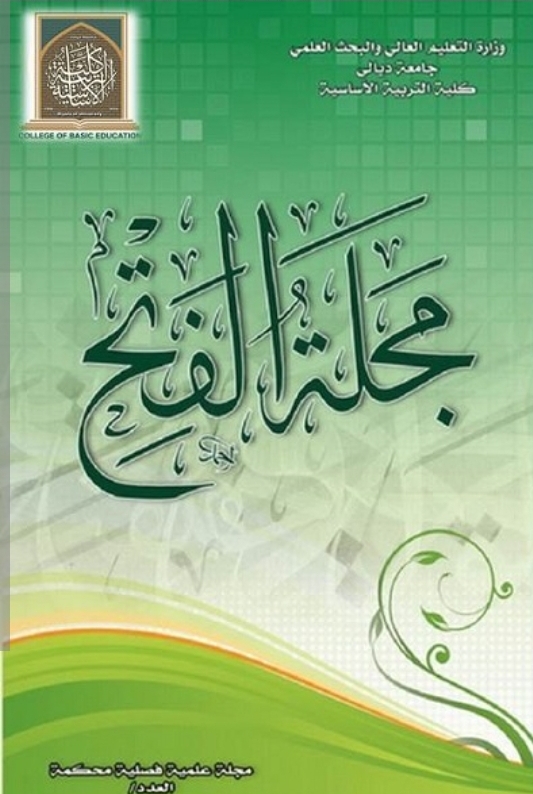Maxim (things its purposes)
Abstract
Every student of Islamic jurisprudence and an understanding of its issues must be certain, after contemplation and consideration, that there are jurisprudential principles on which his questions were based, and rules for deduction on which his rulings were built. In deriving legal rulings, because its subject matter is the act of the assigned person, so it had a great position in the field of application, which facilitated the way for jurists to discover the existence of the truth, and helped them to solve new issues that do not have a special text (). They are regulated by the jurisprudential rules, as they are among the general principles in Islamic jurisprudence that include general legal provisions that apply to the facts and events that fall under their subject, as well as the status of these noble rules in enriching Islamic jurisprudence. They help to know the provisions of the particulars that fall under them There is no text or evidence in it - and facilitating their application to facts, and clarifying legal developments and ideas in Islamic jurisprudence ().Therefore, my approach was to study one of the most important main rules, and it is considered one of the mother rules, under which many branches fall, and it is the rule: (things are for their purposes) ( ). In the introduction, I will address the emergence and development of jurisprudential rules, and in the first topic: the definition of the jurisprudential rule, and the difference between it and the jurisprudential rule, and between it and the fundamentalist rule. In the second topic: the rule of things with their purposes.
Downloads
Published
How to Cite
Issue
Section
License

This work is licensed under a Creative Commons Attribution 4.0 International License.
حقوق النشر والترخيص
تطبق مجلة الفتح للبحوث التربوية والنفسية ترخيص CC BY (ترخيص Creative Commons Attribution 4.0 International). يسمح هذا الترخيص للمؤلفين بالاحتفاظ بملكية حقوق الطبع والنشر لأوراقهم. لكن هذا الترخيص يسمح لأي مستخدم بتنزيل المقالة وطباعتها واستخراجها وإعادة استخدامها وأرشفتها وتوزيعها ، طالما تم منح الائتمان المناسب للمؤلفين ومصدر العمل. يضمن الترخيص أن المقالة ستكون متاحة على نطاق واسع بقدر الإمكان وأن المقالة يمكن تضمينها في أي أرشيف علمي.
لمزيد من المعلومات، يرجى متابعة الرابط: https://creativecommons.org/licenses/by/4.0/.



